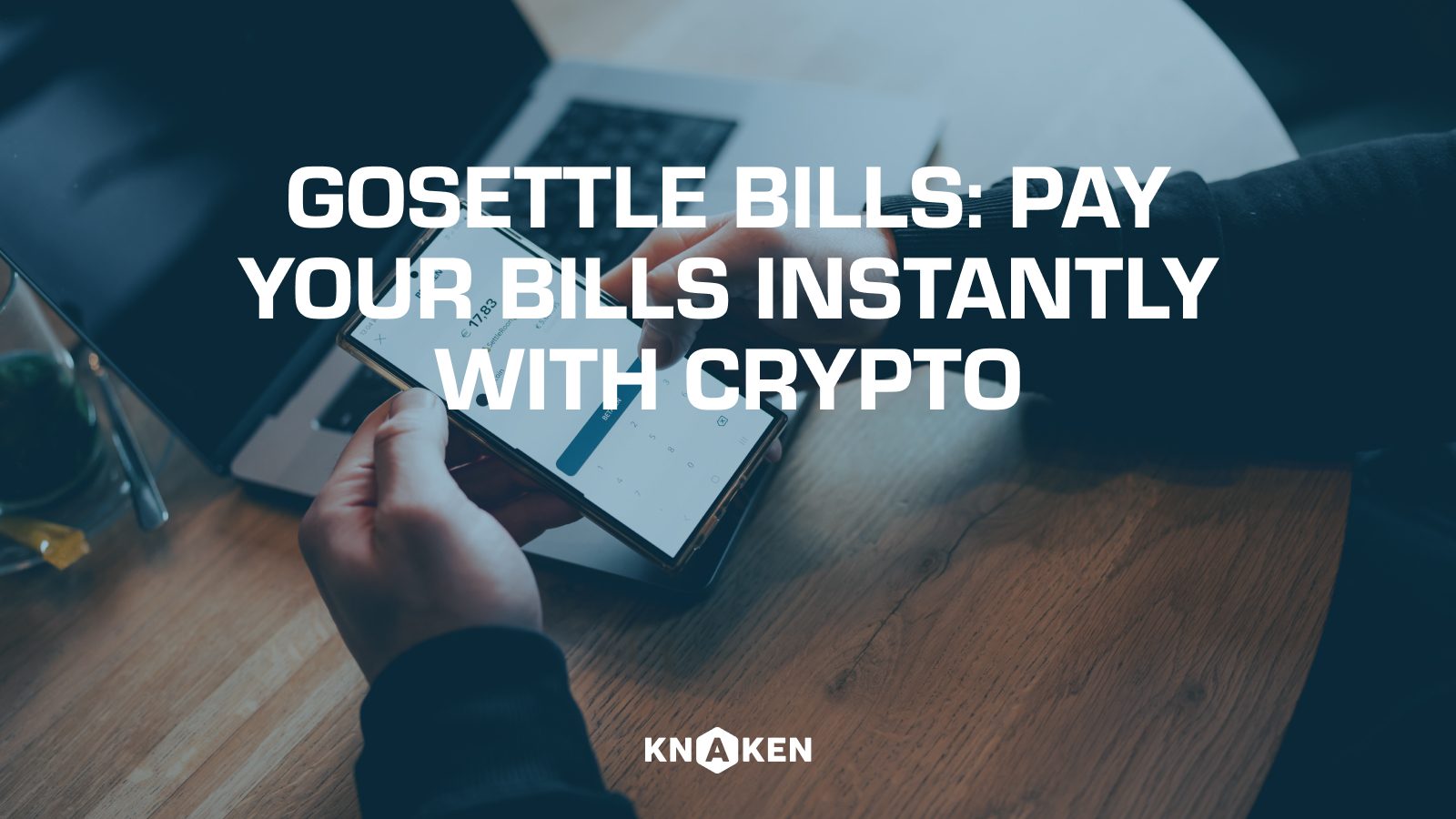

With crypto, you can be your own bank. One of the main advantages of owning crypto is that there is no counterparty risk, unlike traditional money, where you are at the mercy of a bank. Technically, you are lending your money to a bank. A bank promises you that when you need the money, you can use it.
You run the risk of the bank going bankrupt or being unable to meet its obligations. This is because banks essentially lend and invest customers’ money to make a profit. If something goes wrong with these investments, customers’ money can be jeopardized. Additionally, banks can commit fraud for their own gain, with many examples to be found.
This is different with crypto, where you have the option to securely store your crypto in your own wallet, giving you control over your money and eliminating counterparty risk. Of course, it is still possible to store your crypto with a third party, such as Knaken, but the key difference is that you have the choice to manage large amounts of digital money yourself. This gives you more control and you cannot lose your money due to the failure of a third party. Essentially, you can become your own bank.
Trust vs. Verify
Most banks keep around 10% of all deposit balances available for withdrawals. Therefore, a bank is built on trust. With more than 5% withdrawals within one day, a bank can quickly collapse.
In traditional banks, all transactions, loans, and investments are recorded in internal databases that are only accessible to the bank. This means that as a customer, you have to trust the bank to keep everything accurately and that no mistakes are made. A bank can also use your money as collateral and make profits from it, of which you as a customer may be unaware.
With crypto, you have the ability to verify for yourself what happens to your money, as all transactions are public and can be tracked on the blockchain. This reduces the risk of errors and fraud.
With DeFi, you also have the ability to lend, invest, or stake your crypto and earn interest yourself. The big difference is that there is now no third party (whom you would have to trust) involved doing this for you. Everything is completely transparent and verifiable.
How robust are banks really?
In recent years, Central Banks (the FED and ECB) have kept interest rates very low, and at times even below 0%. This has led to high inflation. In response, Central Banks have quickly raised policy rates. However, this has caused problems for banks that bought long-term products, such as bonds, at low interest rates. These products have quickly lost their value due to the Central Banks’ policies.
When people also lose trust in the bank, a bank run can occur. This means that people want to withdraw their money from the bank en masse. This is essentially fatal for a bank, as they only have a small percentage (10%) of deposits available for withdrawals at any time. This is exactly what recently happened with Credit Suisse, First Republic Bank, and Silicon Valley Bank.



Knaken Cryptohandel B.V. is registered with De Nederlandsche Bank N.V. (DNB) as a provider of crypto services. DNB supervises Knaken Cryptohandel B.V.'s compliance with the Money Laundering and Terrorist Financing (Prevention) Act and the Sanctions Act 1977. Knaken Cryptohandel B.V. is not subject to prudential supervision by DNB or conduct supervision by the AFM. This means that there is no supervision of financial requirements or business risks and there is no specific financial consumer protection.
Investing in crypto-related products involves significant risks.















